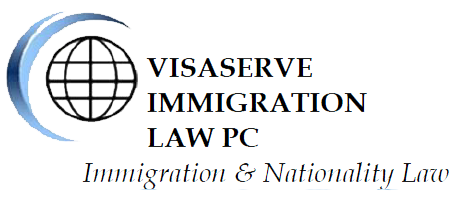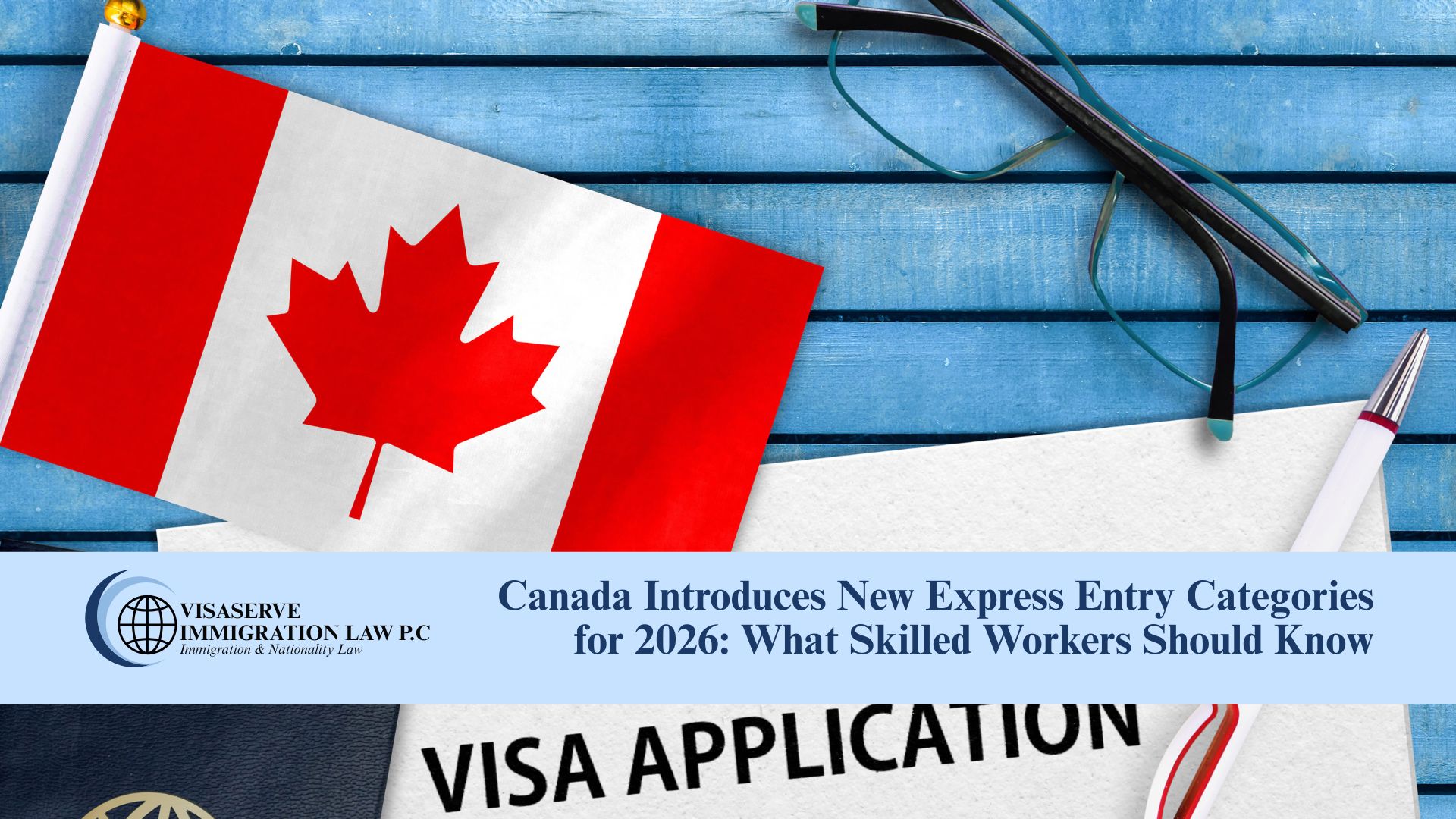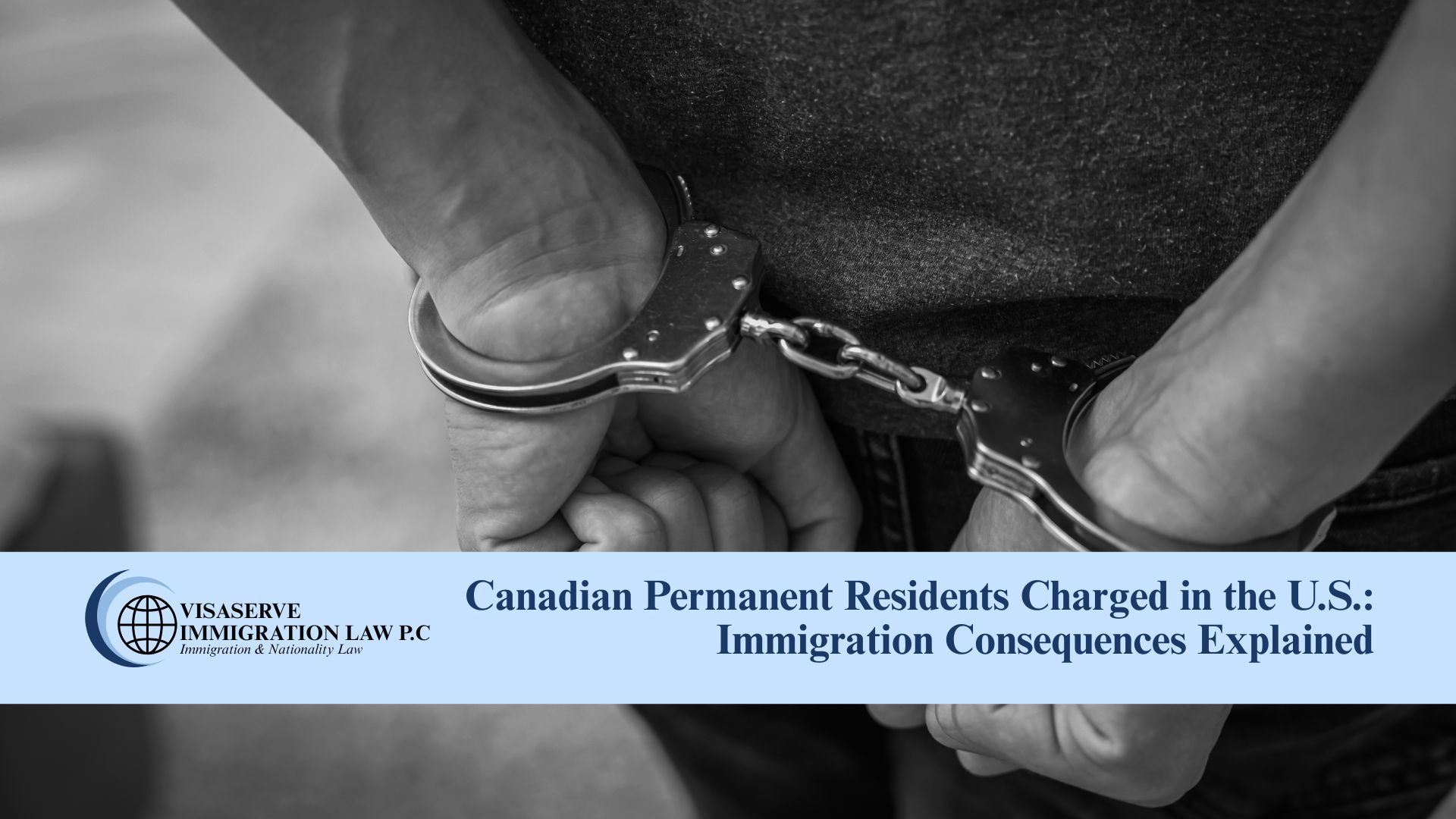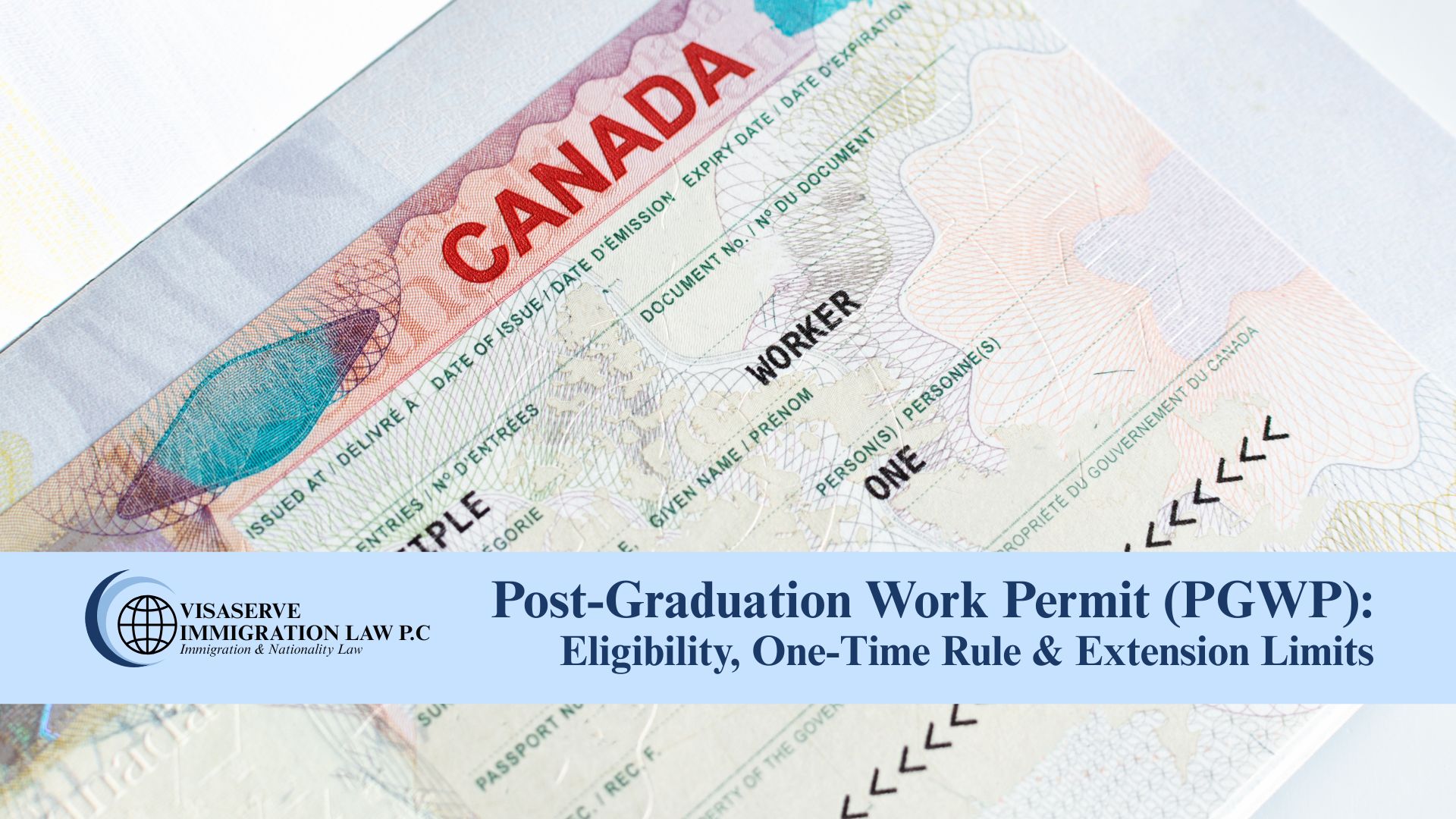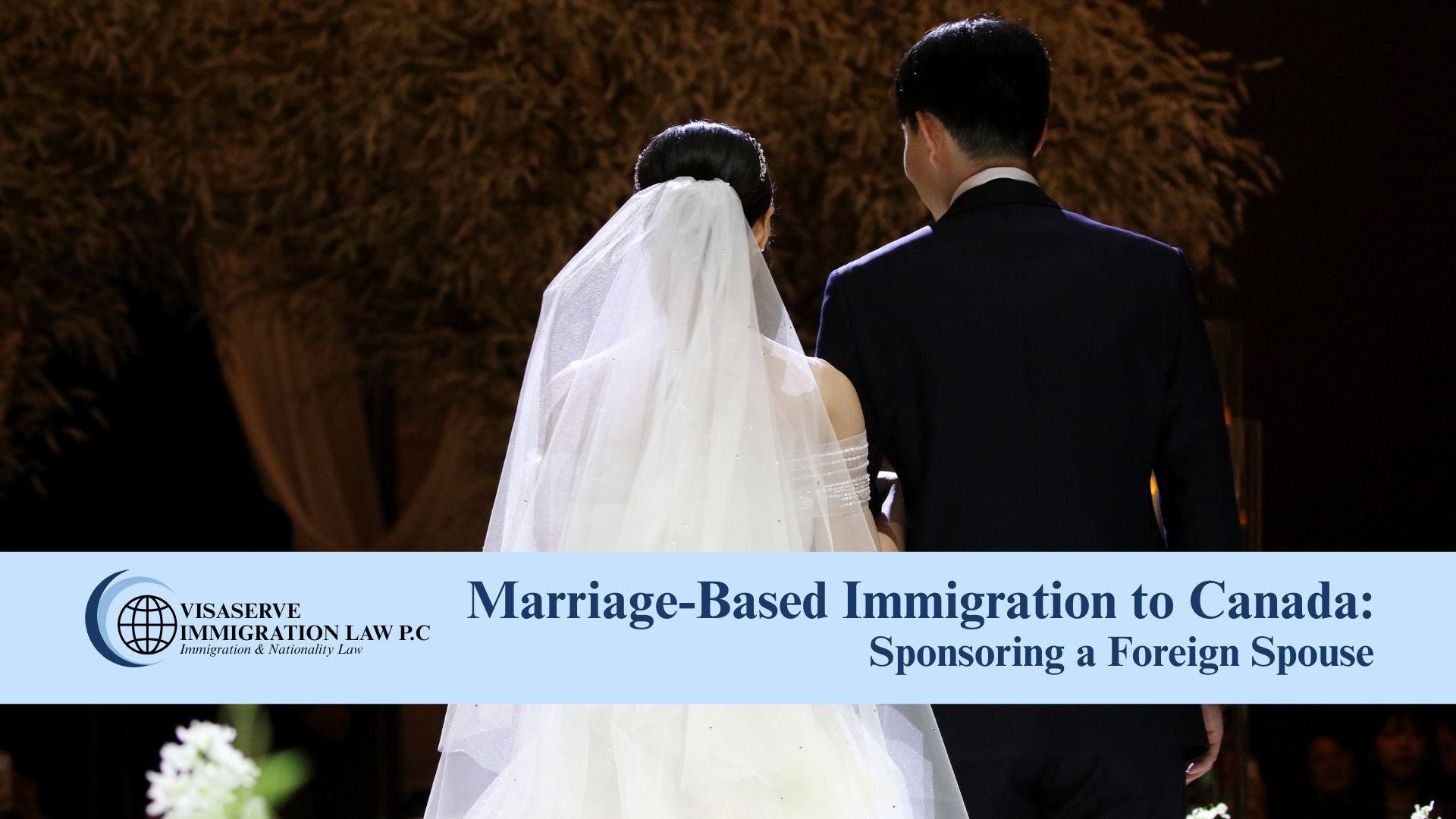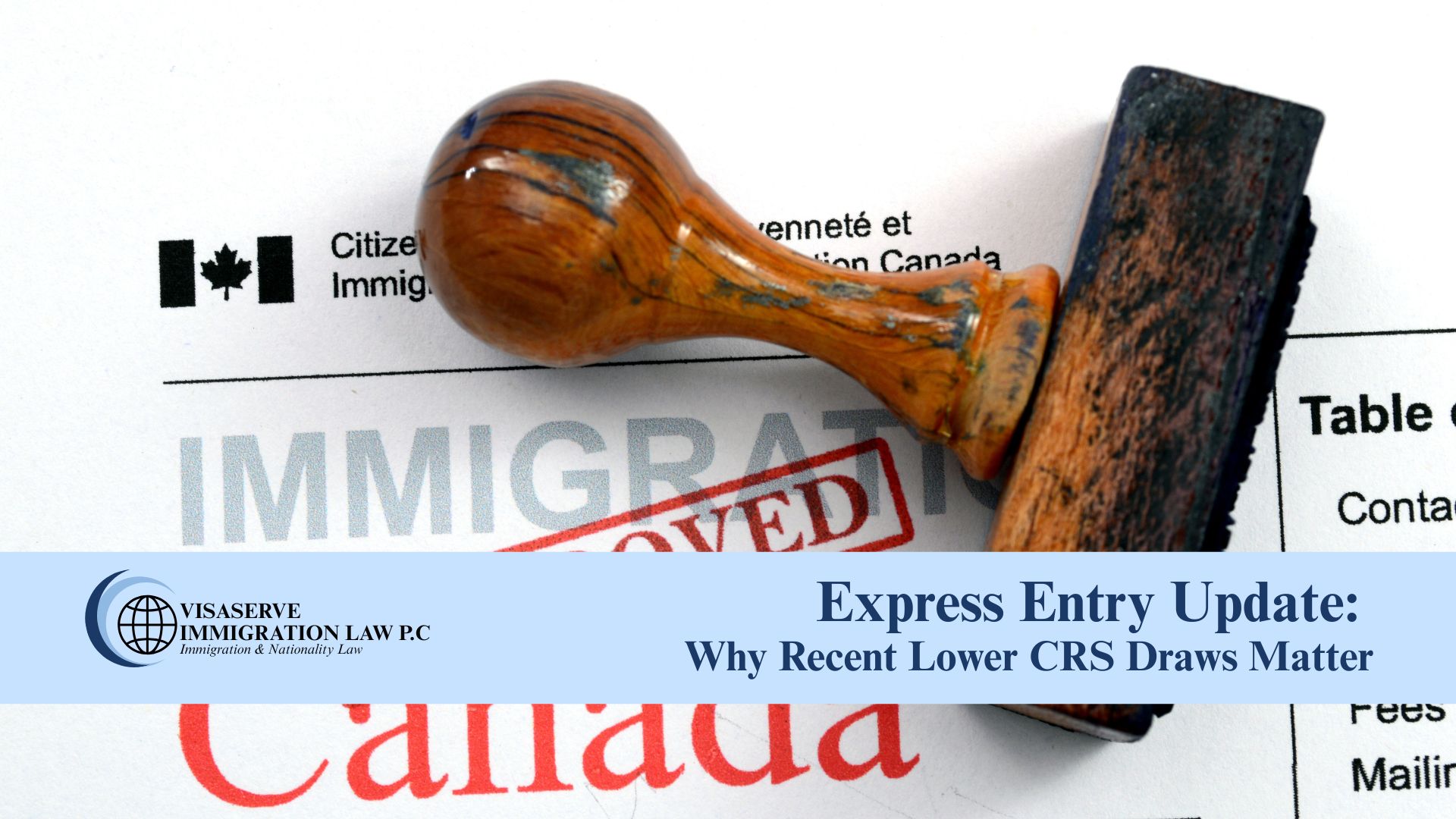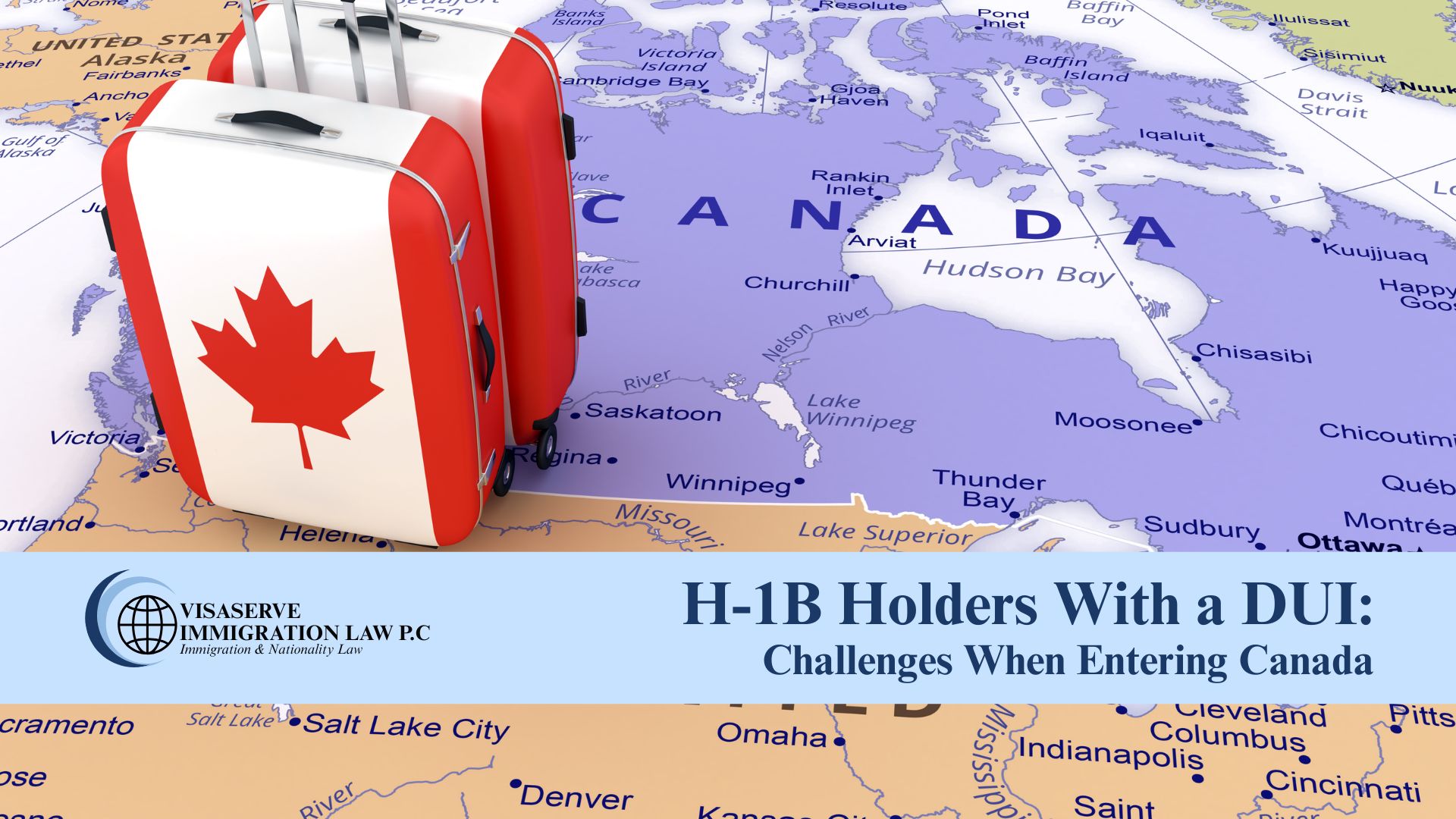When dealing with Canadian immigration or any administrative process, foreign nationals, visa holders, and permanent residency applicants are entitled to procedural fairness—a cornerstone of Canadian administrative law. Whether your application is being assessed for a visa, permanent residence, or another immigration status, Immigration, Refugees and Citizenship Canada (IRCC) and other decision-makers must follow a fair, unbiased, and transparent process.
This article outlines what procedural fairness means, why it matters, and what protections you can expect under Canadian law, based on authoritative guidance from the Government of Canada.
What Is Procedural Fairness?
Procedural fairness refers to the legal obligation of immigration officers and administrative decision-makers to treat individuals fairly when making decisions that affect their rights or interests. It ensures that you are not judged arbitrarily, and that you have a fair chance to participate in the process that affects you.
As per Canada.ca, the key principles include:
-
Unbiased Decision-Maker
You have the right to a neutral and impartial officer or tribunal member—free from conflicts of interest or undue influence. -
Notice
You must be given clear, adequate information about the case against you or the decision being made so that you can respond appropriately. -
The Right to Be Heard
You must be given a reasonable opportunity to present your case, explain your side, and respond to any adverse evidence or concerns raised by IRCC.
These protections apply to all immigration and refugee processes—whether you’re applying for a visitor visa, permanent residence, work permit, or facing removal.
When Additional Procedural Protections May Apply
In more serious or complex cases, such as appeals, inadmissibility findings, or residency obligation assessments, you may be entitled to additional safeguards, including:
-
Timeliness
Decisions must be made within a reasonable timeframe. Excessive delays that prejudice your ability to make your case may be considered a violation of procedural fairness. -
Reasons for Decision
You must be provided with written or oral reasons that explain how the decision was reached. These reasons should reference applicable laws, policies, and facts. -
Policy or Legal Promises
In some situations, additional protections may arise from existing IRCC policies, legislation, or even verbal representations made by officials.
What Happens If Procedural Fairness Is Breached?
If procedural fairness is not upheld in your immigration matter, you may have legal recourse. For example:
-
Judicial Review: You may seek a review of the decision at the Federal Court of Canada.
-
Complaints: You may file a complaint through various civilian recourse mechanisms, including:
-
Canadian Human Rights Commission (for discrimination or harassment)
-
Office of the Public Sector Integrity Commissioner (for disclosures of wrongdoing)
-
Language rights recourse (for breaches of official languages protections)
-
These complaints are distinct from your immigration case but may support broader claims or remedies.
Procedural Fairness and Workplace Immigration Matters
If you’re a temporary foreign worker or hold a work permit in Canada, the workplace context may also engage procedural fairness. Issues such as sexual misconduct, violence, harassment, or job classification disputes must be resolved through transparent and just administrative processes.
All individuals, including foreign workers, are protected under the Canadian Human Rights Act and can access workplace dispute resolution systems if their rights are violated.
At Visaserve Immigration Law P.C., we take procedural fairness seriously. Our legal team ensures your application is prepared thoroughly, that all supporting documents are submitted appropriately, and that you are never left in the dark if the IRCC raises concerns.
